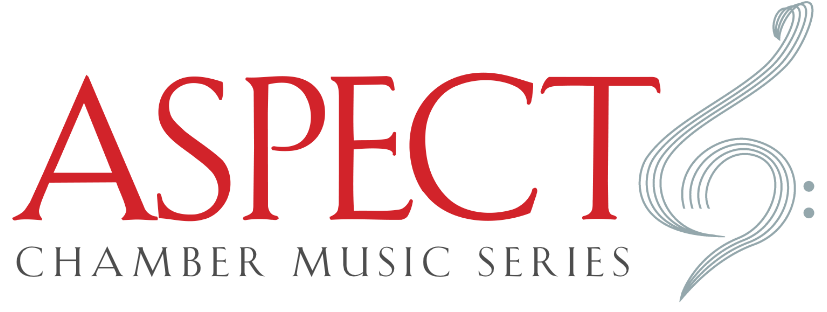CHAPLIN’S SMILE
April 20, 2022 | Bohemian National Hall
Philippe Quint, violin
Jun Cho, piano
Carami Hilaire, soprano
Presentation by Philippe Quint
Music by Chaplin, Brahms, Debussy, Stravinsky, and Gershwin
Photographs by Alex Fedorov © 2022
PROGRAM NOTES
CHARLIE CHAPLIN’S SMILE
Claude Debussy (1862–1918)
Clair de lune
‘Clair de lune’ (Moonlight), inspired by the poetry of Paul Verlaine, is the third movement of Debussy’s Suite bergamasque. Upon meeting Chaplin in Paris, Debussy exclaimed: ‘You are instinctively a musician and a dancer.’
Charlie Chaplin (1889–1977)
‘City Lights’ Suite | City Lights (1931), arr. Philippe Quint and Charles Coleman
Composed by Charlie Chaplin with musical arrangements by Arthur Johnson and musical direction by Alfred Newman. This was Chaplin’s first film score and he completed it in a period of just six weeks. Its main theme, La Violetera, was borrowed from Spanish composer José Padilla, to whom Chaplin lost a lawsuit, having failed to credit him for the leitmotif of his ‘Flower Girl’s Theme’.
Igor Stravinsky (1882–1971)
Tango (1940), arr. Samuel Dushkin
After settling in Hollywood, Stravinsky found himself facing financial difficulties. He therefore decided to write new music that would have commercial appeal. Tango, his first piece entirely composed in America, is one of those works. Stravinsky’s encounter with Chaplin to discuss a potential collaboration did not ultimately yield any results.
Chaplin
Eternally (‘Terry’s Theme’) | Limelight (1952), arr. Quint & Coleman
The score for Limelight was composed by Charlie Chaplin, with musical arrangements by Raymond Rasch and musical direction by Larry Russell. Although the film was originally released in 1952, Chaplin was exiled from the US that same year and Limelight was not seen by American audiences until 1972. It went on to win the Oscar for Best Original Dramatic Score in 1973.
George Gershwin (1898–1937)
‘It Ain’t Necessarily So’, arr. Jascha Heifetz
Paying direct homage to Rhapsody in Blue in his score for Modern Times, Chaplin was a huge admirer of Gershwin’s music. ‘It Ain’t Necessarily So’ is one of the most well-known songs from Gershwin’s immortal opera Porgy and Bess (1935).
Chaplin
‘The Kid’ Fantasy | The Kid (1921), arr. Leon Gurvitch
The Kid is a silent comedy-drama written, produced and directed by Chaplin (his first full-length feature), and co-starring child actor Jackie Coogan as his adopted son and sidekick. When he wrote the soundtrack score, Chaplin drew on his favorite work by Tchaikovsky – the Sixth Symphony – and created a leitmotif by adapting the main theme of the symphony’s first movement.
Chaplin
Tango Bitterness | Monsieur Verdoux (1947), arr. Quint & Coleman
The score for this movie was composed by Chaplin, with musical arrangement and direction by Rudolf Schrager. Inspired by a film concept originally suggested by Orson Welles, Monsieur Verdoux is a black comedy starring Chaplin in a role very different from that of the Little Tramp. The story is based on that of bigamist and serial killer Henri Désire Landru and the film was Oscar-nominated for Best Original Screenplay.
Johannes Brahms
Hungarian Dance No. 5, arr. Joseph Joachim
Brahms’s Hungarian Dance No. 5 accompanies one of the best-known scenes in The Great Dictator, in which Chaplin plays the dual leading roles of ruthless fascist dictator and persecuted Jewish barber. It has been said that Brahms’s dances may have influenced the development of ragtime.
Chaplin
Theme from Modern Times (‘Smile’) | Modern Times (1936), arr. Quint & Coleman
The song ‘Smile’, first made famous by Nat King Cole, is based on a theme from Chaplin’s soundtrack for Modern Times, which itself was inspired by the music of Puccini’s Tosca. Songwriters John Turner and Geoffrey Parsons adapted the theme in 1954, coining the title and writing lyrics based on the optimistic spirit of the film – the idea of smiling even when life is tough.















